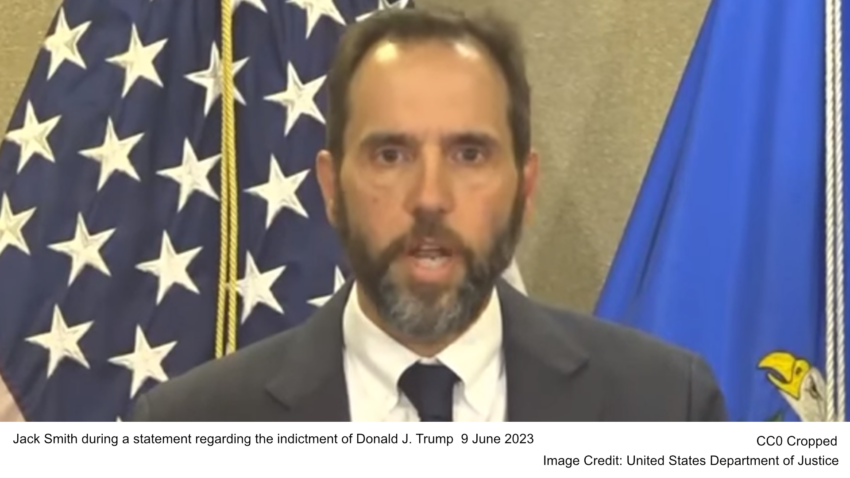In June 2023, a Miami federal court indicted Trump, accusing him of willfully retaining national defense information and making false statements. However, a Florida judge dismissed these charges, and Smith’s office pursued an appeal. According to reports from sources excluding major outlets like the New York Times, the appeal process was halted when Trump won the election.
- Indictment and Charges: Donald Trump faced indictments in 2023, including accusations of retaining national defense information and conspiracy to defraud the United States. His legal team argued presidential immunity, halting prosecutions after his re-election.
- DOJ Policy Impact: The Department of Justice policy, rooted in the Nixon era, prevents criminal prosecution of sitting presidents, emphasizing impeachment as the constitutional remedy for presidential misconduct.
- Judicial and Legal Challenges: Judge Aileen Cannon dismissed classified document charges due to alleged procedural errors, while the Supreme Court expanded presidential immunity, complicating legal actions against Trump.
- Shifting DOJ Priorities: With Trump’s re-election, the DOJ refocused efforts on prosecuting violent January 6 participants, as Trump signals potential pardons for some involved.
In August 2023, authorities charged Trump with four felonies, including conspiracy to defraud the United States. This case was paused as Trump’s legal team argued that a former president could not face prosecution for actions taken in office. Trump’s legal team maintained that these prosecutions were politically motivated, and he pleaded not guilty to all charges.
The dismissal of these charges marks a significant moment in American history. Trump’s re-election invokes the Justice Department’s policy that a sitting president cannot be charged with a crime. This policy shields Trump from prosecution after he takes office on January 20. Smith’s office stated they stand by the merits of their case, but circumstances have changed due to Trump’s election victory.
The DOJ policy, originating from the Nixon era, allows Congress to impeach a president if they commit crimes. This policy ensures that sitting presidents can fulfill their duties without legal distractions. Smith’s predicament echoes the Mueller investigation during Trump’s first presidency, where prosecutors could not charge a sitting president.
Smith’s team found themselves caught between two national interests: allowing the president to perform his duties and upholding the rule of law. The Supreme Court’s recent ruling on presidential immunity further complicated the case. This decision granted the president sweeping immunity, affecting the prosecution’s ability to proceed.
Judge Aileen Cannon, overseeing the classified documents case, threw out all charges, citing improper appointment procedures for Smith. This controversial decision received criticism from legal experts and political figures alike. Despite the grand jury indicting Trump again in August on election-related charges, his re-election halted further legal action.
Trump spokesperson Steven Cheung celebrated the DOJ’s decision, calling it a victory for the rule of law. Cheung emphasized the need to end the political weaponization of the justice system. As Trump prepares for his presidency, the Justice Department shifts its focus to arresting the most violent Jan. 6 rioters. Trump has suggested he will pardon some of these individuals once in office.

